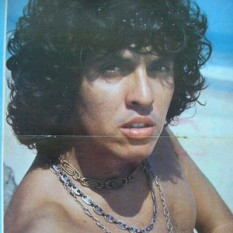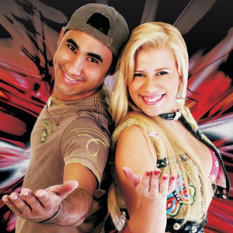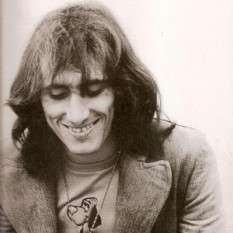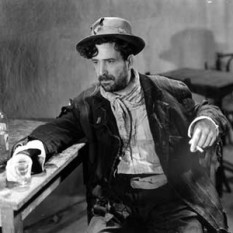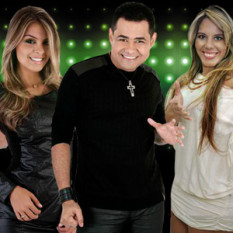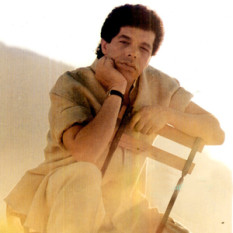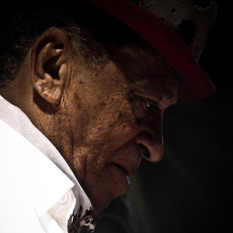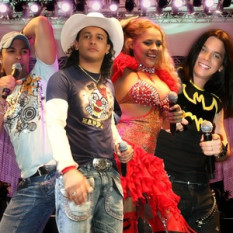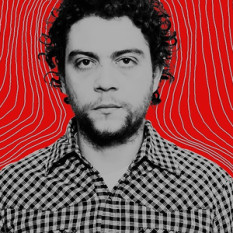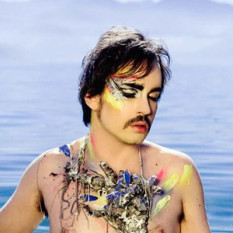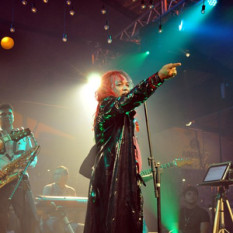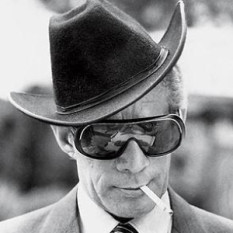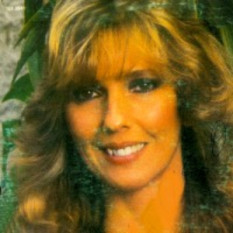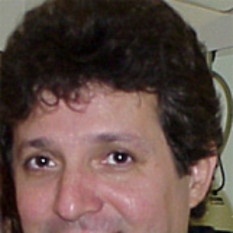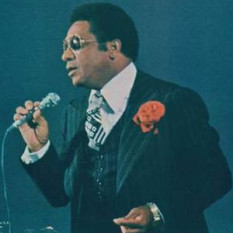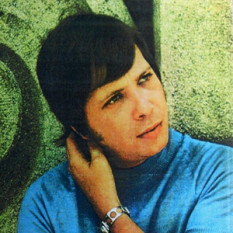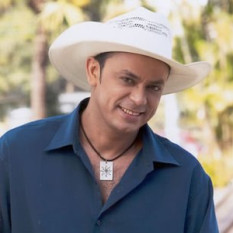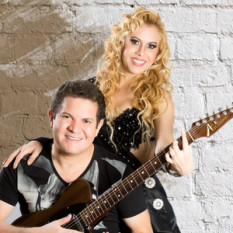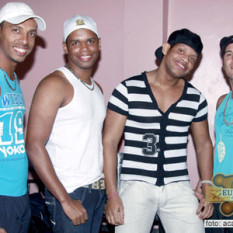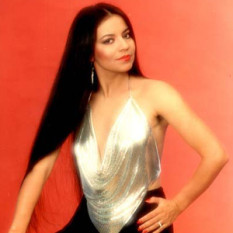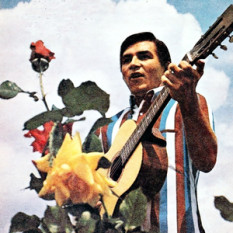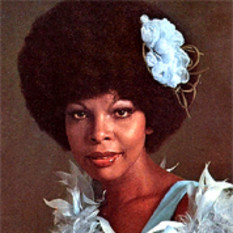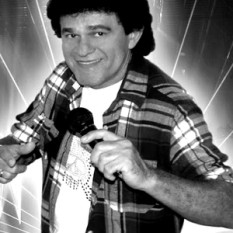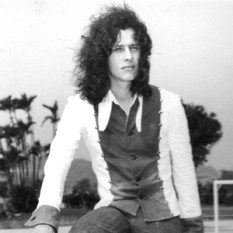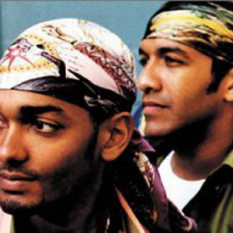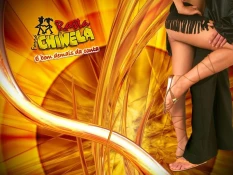This term came about in the 1980s as a generalizing and depreciating reference to what is regarded as "bad-taste" in Brazilian popular culture, especially music made for the poorer strata.
Though mostly unappreciated by the middle and upper classes, a kind of overstated, dramatized music similar to the Operetta form has been present in Brazilian culture since the thirties, and was widely prized for at least the next two decades as a way to sing, popularized by genres like Samba-Canção and Bolero.
The arrival of Bossa Nova and Jovem Guarda in the 1960s made the "romantic" singing style seem a bit dated. But as their fame faded in the early 70s, many pop singers such as Roberto Carlos, Amado Batista, Odair José, Waldick Soriano, Wando and Reginaldo Rossi began to reincorporate the melodic styles of the "tacky, out of taste" Brega sound.
In late 1970s and 1980s, some Disco hitmakers such as Sidney Magal, Gretchen and Perlla became considered "Brega" because of their flamboyant style and dances. In the 1990s, after Reginaldo Rossi's hit Garçom, Brega music reached the height of its popularity, especially in northern Brazil. This success also generated a wave of satirization by comedy musicians like Mamonas Assassinas, Falcão and Vexame.
Brega is the most popular musical genre in Brazi. Romantical and simple lyrics that reach the masses. .


